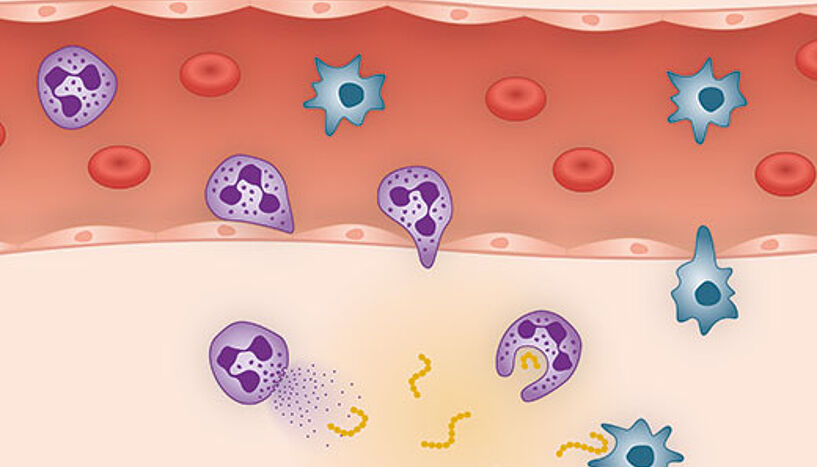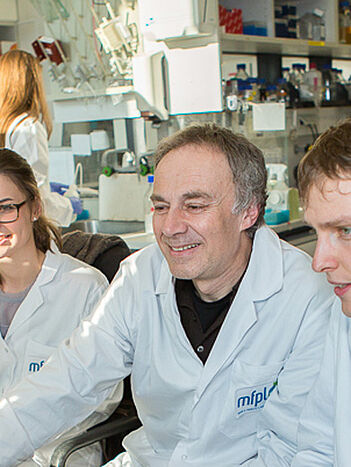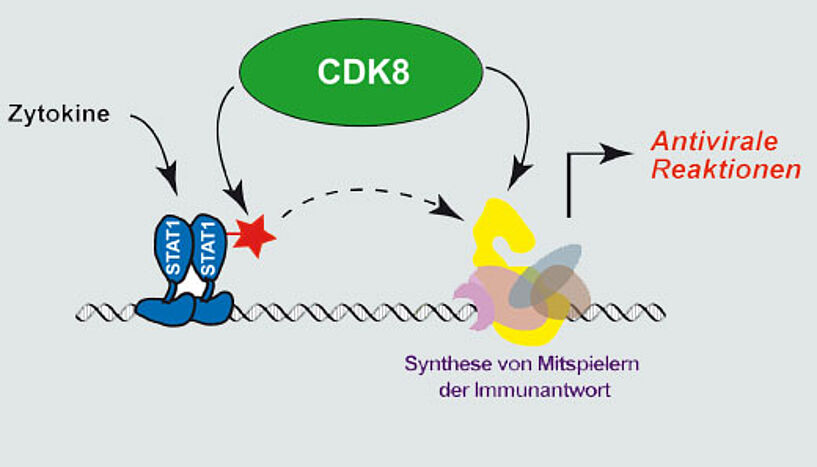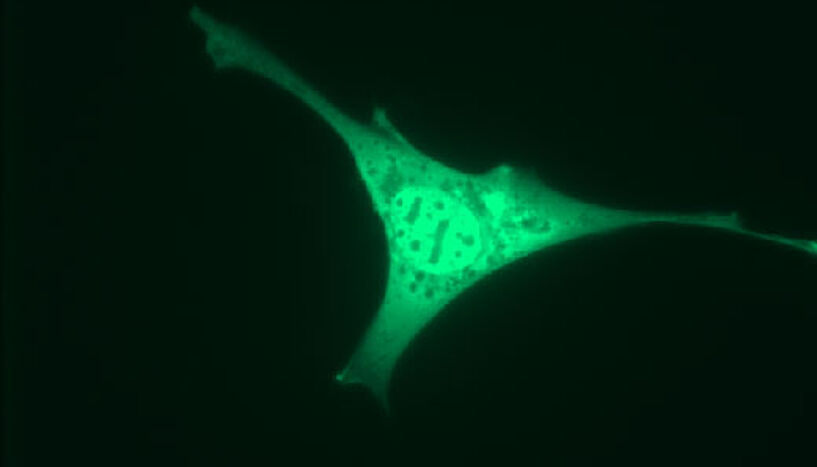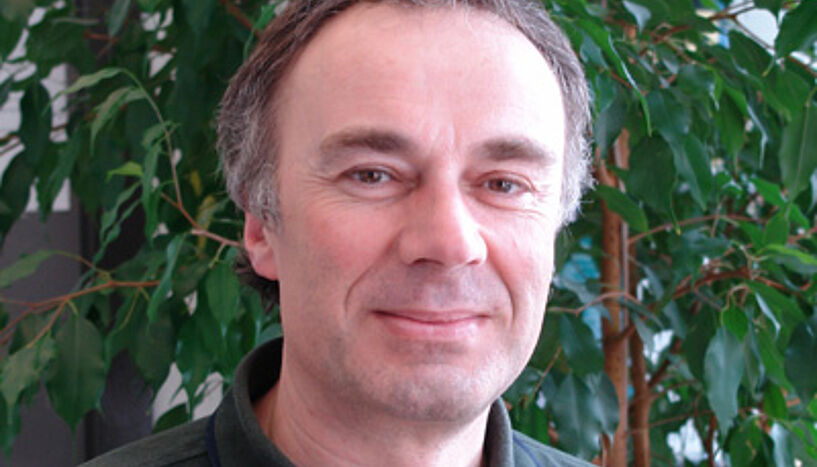Defending potential pathogens
| 07. August 2013Pathogens possess a fatal "talent": they can avoid the body’s defense mechanisms and cause diseases. Together with young scientists of the EU-network INBIONET, Immunobiologist Pavel Kovarik investigates how viral and bacterial agents "work".
The human body is host to thousands of different bacteria, including a type called streptococci. They are classified as pathogens. Generally not very harmful, they are nevertheless able to cause diseases when they manage to evade our defense mechanisms. In which case, the immune system is not able to detect the invaders and so no defense is initiated. When this happens, streptococci can cause a wide range of diseases – from mild infections to scarlet fever.
The (in-)activity of the immune system
Pavel Kovarik, deputy leader of the Department of Microbiology, Immunology and Genetics, studies the immune defense against pathogens. His research group, located at the Max F. Perutz Laboratories, investigates how the immune system detects and destroys potential pathogens, especially focusing on bacteria of the streptococcus type.
Often, streptococcal infections are diagnosed only when the disease has already progressed to an advanced state – a point at which antibiotics are already ineffective. Therefore, the main focus for treatment at this point lies on strengthening the immune system. Basic research at the University of Vienna contributes to figure out how this may be done therapeutically. However, some questions still remain to be answered, for instance why some types of streptococci are harmful for humans but not for other mammals.
Diversity in the realm of pathogens
"Pathogens cause various diseases, and the human immune system reacts differently. One single laboratory cannot cover this complex area of research. International and interdisciplinary collaboration is crucial for scientific and medical progress", explains Kovarik. To achieve this common goal, international expert teams from academic institutions and private enterprise companies have joined forces in the "Marie Curie Initial Training Network in Infection Biology" – in short INBIONET.
Another main objective for INBIONET is to promote young researchers: 15 Marie Curie Fellows – twelve PhD students and three Postdocs – are part of the network. Of their four-year project, they spend at least six months in different INBIONET laboratories to gain new expertise, broad theoretical knowledge and the ability to solve complex problems.
| INBIONET – Infection Biology Training Network – is funded by the Marie Curie Initial Training Network Scheme (part of the 7th EU framework program). Seven academic groups and three enterprises are involved. It runs from January 2013 to December 2016. The aim is to do research at the interface of microbiology, immunology and cell biology and to provide top-notch training for young scientists in all fields of infection. The Network’s intention is to spark lasting incentives for Europe’s research and economy through excellent training and cooperation between universities and industry. More informations |
|---|
Scientific offspring: "You never get bored!"
Two of the Marie Curie Fellows currently work at the Max F. Perutz Laboratories of the University of Vienna: Masa Ivin und Marton Janos. Biologist Masa Ivin researches inflammatory reactions – one of the body’s ways to fight pathogens. However, to avoid harming the human body, the inflammation has to cease after a certain period of time.
Ivin is interested in the functional role of the protein "TTP" which stops this immune response. Kovarik notes: "For some diseases it is still unclear whether we become sick because the immune system is not responding or, on the contrary, because it is overreacting. Our data suggests that in the case of streptococci the immune response ought to be stronger, while for a long time the common assumption was that an overreaction of the immune system is the cause."
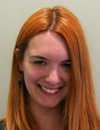 | Masa Ivin is PhD student at the Max F. Perutz Laboratories and Marie Curie Fellow in the INBIONET-Network. She studied at the Faculty of Biology at the University of Belgrade. Her experience in Vienna: "I've only been here for about two months and my expectations are more than fulfilled. The combination of science, culture and living in a beautiful city is ideal. Apart from spending a lot of the time in the lab, I enjoy the vibrant Museumsquartier." |
|---|
PhD student Marton Janos is as enthusiastic as his colleague. He works on macrophages – cells that are at the forefront of the immune defense. They identify invaders and induce appropriate immune reactions. In terms of streptococcal infections, a series of specific defense mechanisms have to be initiated, the timing and precise regulation of which is still only poorly understood.
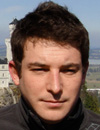 | Marie Curie Fellow Marton Janos – born in Hungary and grown up in Canada – finished his Bachelor in Montreal, before coming to Vienna for his Masters and also spent a year in Sweden. He says: "Vienna is very cosmopolitan and you get a very good standard of living, even being a graduate student. The department is great, very international. Sometimes you forget that you are in Austria when you get to work." |
|---|
Immunobiologist Kovarik is convinced that the excellent research and the networking opportunities within INBIONET open its young scientists great job perspectives at universities, in industry as well as within European administration. (Text: Daniela Hermetinger/Translation: Lilly Sommer)

